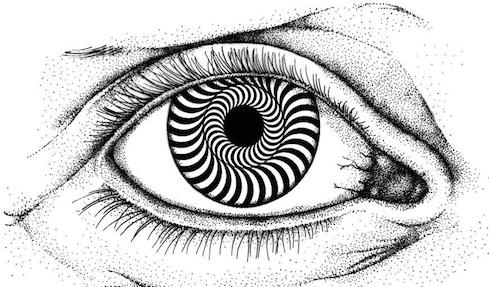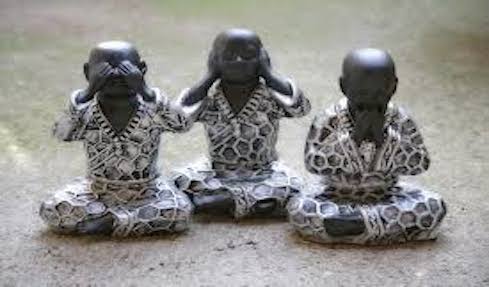Meditating on illusion and counting the breath are both effective ways of reducing stress. We can practice these methods even if we choose not to learn the Dharma. Although they are Buddhist practices, there is no religious component in the two methods. Just as yoga is neither Hindu nor Buddhist, the above practices need not be associated with Buddhism, and can be taken up strictly for health reasons.
When we place all our focus on the breath, our emotions become less disturbed. With concentration, there are no discursive thoughts. There are no thoughts of family, relationships, work, etc., no thoughts of the past, the future, or the present. If during this hour or half-hour, we can loosen up completely, we will enter a state of great tranquility. In this state, all our anxieties, afflictive emotions, and stress will be eliminated. This may last only a minute or so initially, but it should increase in time to two, five, ten minutes or more. The benefit to us is substantial if we can meditate at least twenty minutes every day.
~ Depicted from Luminous Wisdom Book Series: The Paper Tiger - The Significance of Buddhist Philosophy Today












